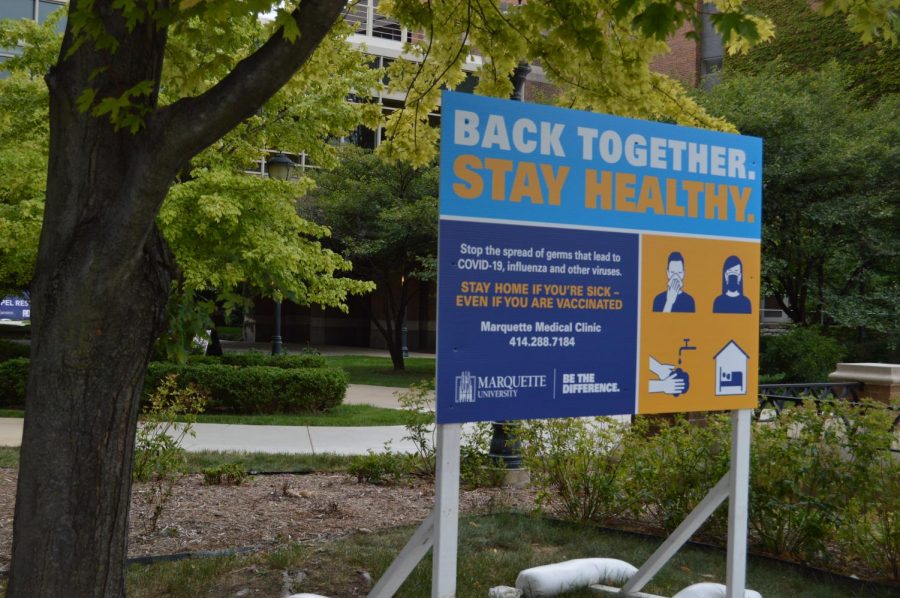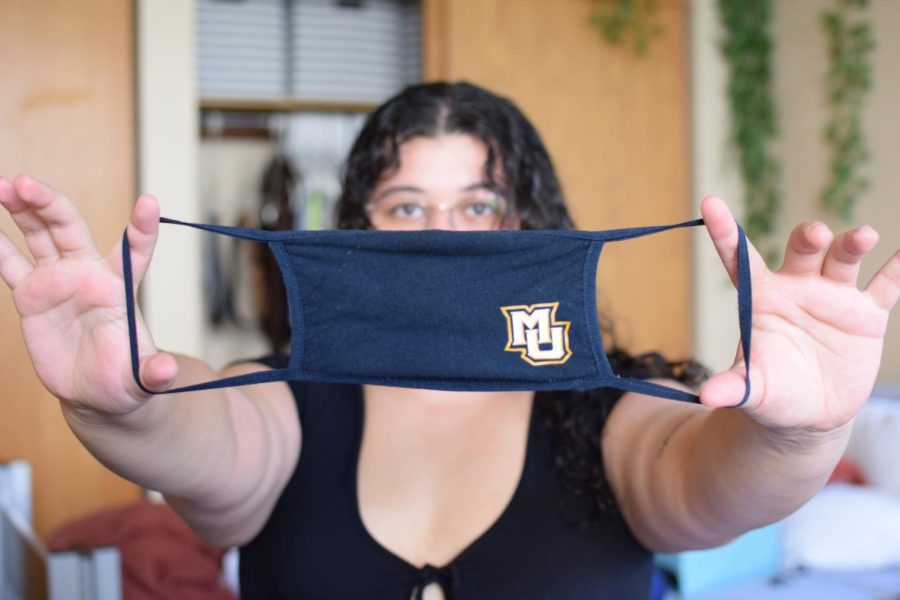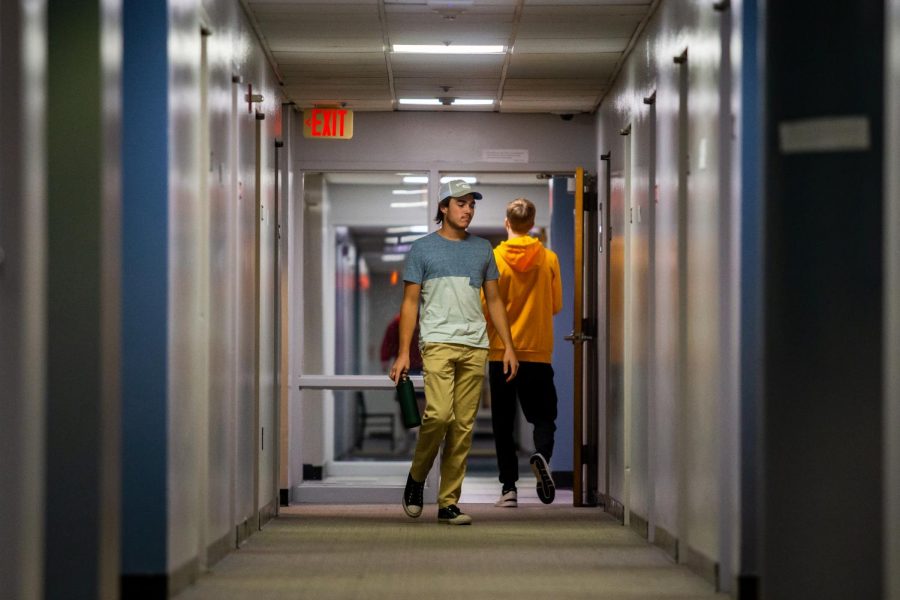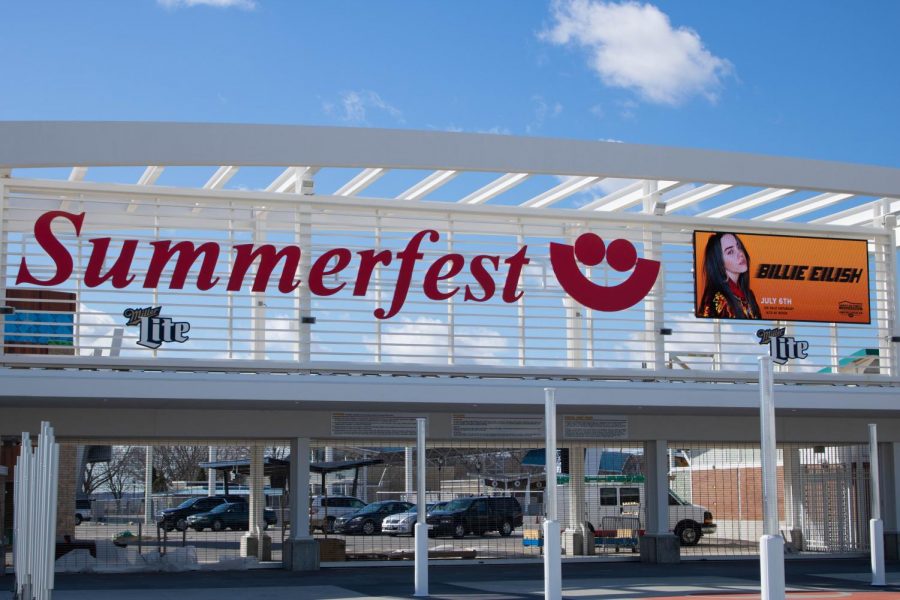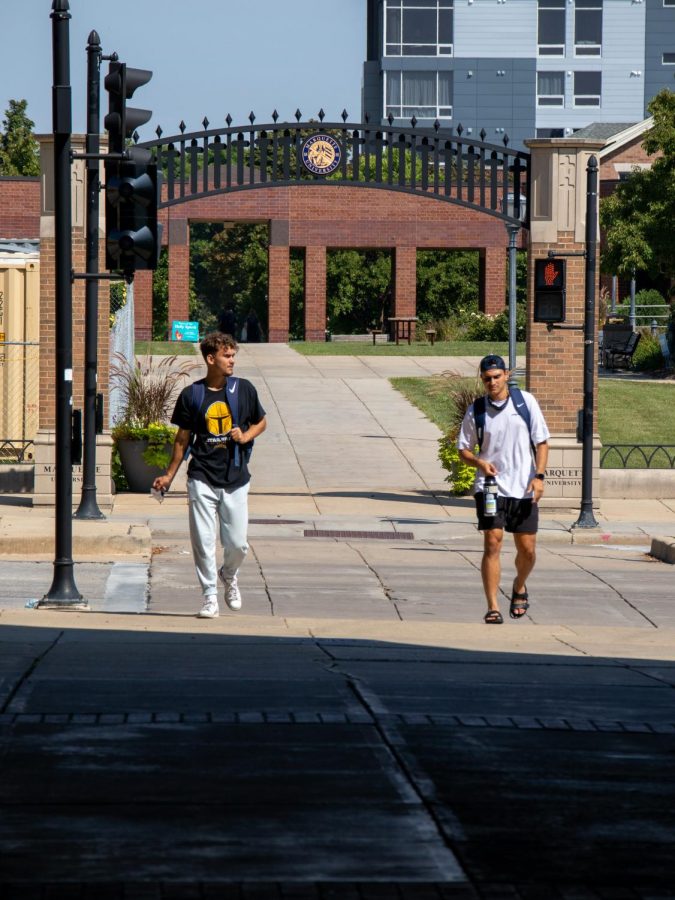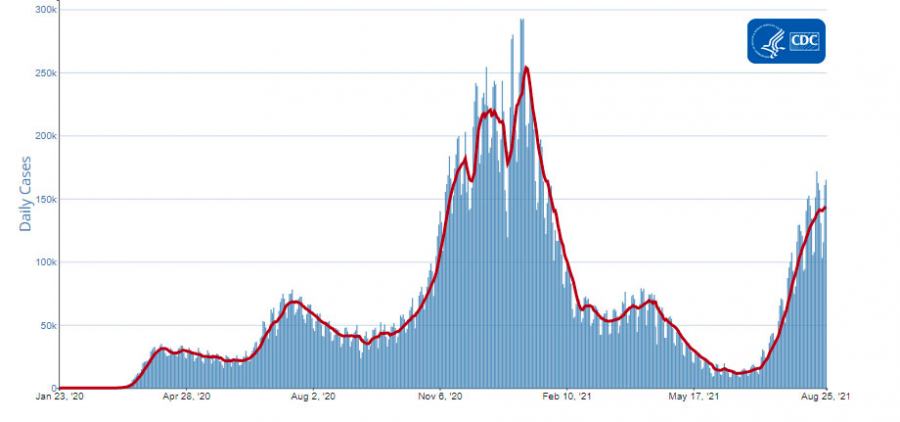Marquette University must continue verifying the validity of COVID-19 vaccination proof submitted by students, faculty and staff.
According to the university, nearly 92% of students and 84% of faculty and staff have uploaded proof of COVID-19 vaccination as of Sept. 2. While having such high percentages of members of the Marquette community submit proof of COVID-19 vaccination is a success in slowing the spread of COVID-19, especially considering that just barely half of the U.S. population is vaccinated, the university must ensure these submissions are legitimate.
Currently, Marquette’s Medical Clinic is verifying COVID-19 vaccination proof that is uploaded by students, faculty and staff.
Recently, a woman in New Jersey calling herself the “AntiVaxMomma” sold 250 fake COVID-19 vaccination cards to individuals refusing to get vaccinated, and she was charged with offering a “false instrument, crime possession of a forged instrument and conspiracy.”
This is very alarming.
Since its first distribution, the COVID-19 vaccine has been seriously politicized and central to debates about individual rights. These debates about whether or not people can be mandated to get the vaccine are likely to persist, and as more businesses and workplaces like Facebook, McDonald’s and Google require COVID-19 vaccinations across the country, attempts to falsify proof of COVID-19 vaccination to evade getting vaccinated may become increasingly common.
Uploading a fake COVID-19 vaccination card poses a significant health threat to Marquette’s campus, as the university is likely to change their COVID-19 safety guidelines based on the number of students, faculty and staff who have received a COVID-19 vaccine. For example, the university may decide it is safe enough to remove the indoor mask requirement if nearly 100% of the student population submits proof of vaccination.
If students try to submit fake COVID-19 vaccination proof, however, the university will not have the most accurate information to make decisions that will protect the health of everyone on campus.
Additionally, individuals who try to upload false vaccination proof may then become exempt from completing the university’s COVID-19 guidance for non-vaccinated students because they are believed to have received the COVID-19 vaccine.
Students seeking exemption from submitting COVID-19 vaccination proof must fill out an exemption form upon request, participate in daily COVID Cheq screenings and biweekly COVID-19 testing. If students don’t think they should get the COVID-19 vaccination, they need to be held accountable to adhering to COVID-19 safety protocols.
Additionally, they must adhere to campus protocol for mitigating the spread of COVID-19 and quarantine for 14 days if they come in contact with someone who has COVID-19. If students seeking exemption fail to adhere to these university guidelines, they could be prohibited from accessing campus buildings until after completing a COVID-19 test, paying $50 for each missed COVID Cheq or referring to student conduct for a hearing.
Although 84% of Marquette faculty and staff have voluntarily submitted proof of COVID-19 vaccination, the university is not currently requiring they get vaccinated.
Loyola University-Chicago, a Catholic Jesuit university in Chicago, is requiring all full-time and part-time students, faculty and staff get a COVID-19 vaccination. Students and staff members who need to fill out an exemption form for medical or religious reasons can do so, and those requesting an exemption must submit a certified form completed by a licensed medical provider; Loyola does not offer an exemption for personal reasons. Additionally, Loyola announced April 22 that if eligible students fail to get vaccinated by the start of the 2021-2022 academic year, they will not be allowed to live in residence halls, attend in-person classes or go to on-campus events.
While Loyola hasn’t announced if it will be checking the validity of COVID-19 vaccination cards, it’s been consistent with using language of requiring students, faculty and staff to get vaccinated.
Marquette must hold students, faculty and staff who are submitting proof of COVID-19 vaccines accountable by continuing to check the validity of their submissions. This is especially important considering the university recently changed its language around vaccination requirements.
When Marquette University President Michael Lovell first made the announcement regarding students and COVID-19 vaccinations June 7, he said “… we (Marquette University) are requiring that students (undergraduate, graduate, professional) who will be attending classes during the 2021-22 academic year be fully vaccinated against COVID-19 by Aug. 1, 2021.”
However, the university’s language changed to “… all students must upload proof of COVID-19 vaccination or request an exemption from the vaccine requirement” by Aug. 1.
From the previous example of AntiVaxMamma and the possibility that people can create and distribute fake COVID-19 vaccination cards, unfortunately, we may not be able to equate uploading vaccination proof with being fully vaccinated.
Marquette must ensure that every submission of proof for a COVID-19 vaccination is legitimate by continuing to verify COVID-19 vaccination proof, and that students are not trying to evade getting the COVID-19 vaccine or having to complete an exemption form. A few ways to check the validity include checking the dates of vaccination and handwriting for any signs of forgery, seeing if the card is fully printed because patient information is filled in by hand and verifying with the facility who distributed the COVID-19 vaccination card.
As students begin to engage with the Milwaukee community, it is important they protect others and themselves. Approximately 49% of the Milwaukee population has been fully vaccinated against COVID-19 as of Sept. 3, according to the Wisconsin Department of Health Services. If 92% of the student population at Marquette hasn’t actually been fully vaccinated, then we are creating the potential to worsen the spread of COVID-19 to the Milwaukee community and around campus.
This is especially important because the Delta variant is currently the predominant strain of COVID-19 in Wisconsin, and has caused over 98% of COVID-19 cases since January 1, 2021 to July 22, 2021 among individuals who were not fully vaccinated.
If the university’s information about who has and who hasn’t been vaccinated is inaccurate, this could lead to an increased spread of COVID-19 cases that may be more contagious and more severe illnesses in unvaccinated individuals, according to the Centers for Disease Control and Prevention.
If we are to reach the end of this pandemic, we have to do it together, and the university needs to make sure students are doing their part.
Correction: A previous version of this story incorrectly implied that Marquette University hasn’t been verifying the validity of COVID-19 vaccination proof uploaded by students, faculty and staff.
The story has been updated to state that Marquette’s Medical Clinic is verifying COVID-19 vaccination proof.
The Wire regrets this error.
This story was written by Alexandra Garner. She can be reached at [email protected]

